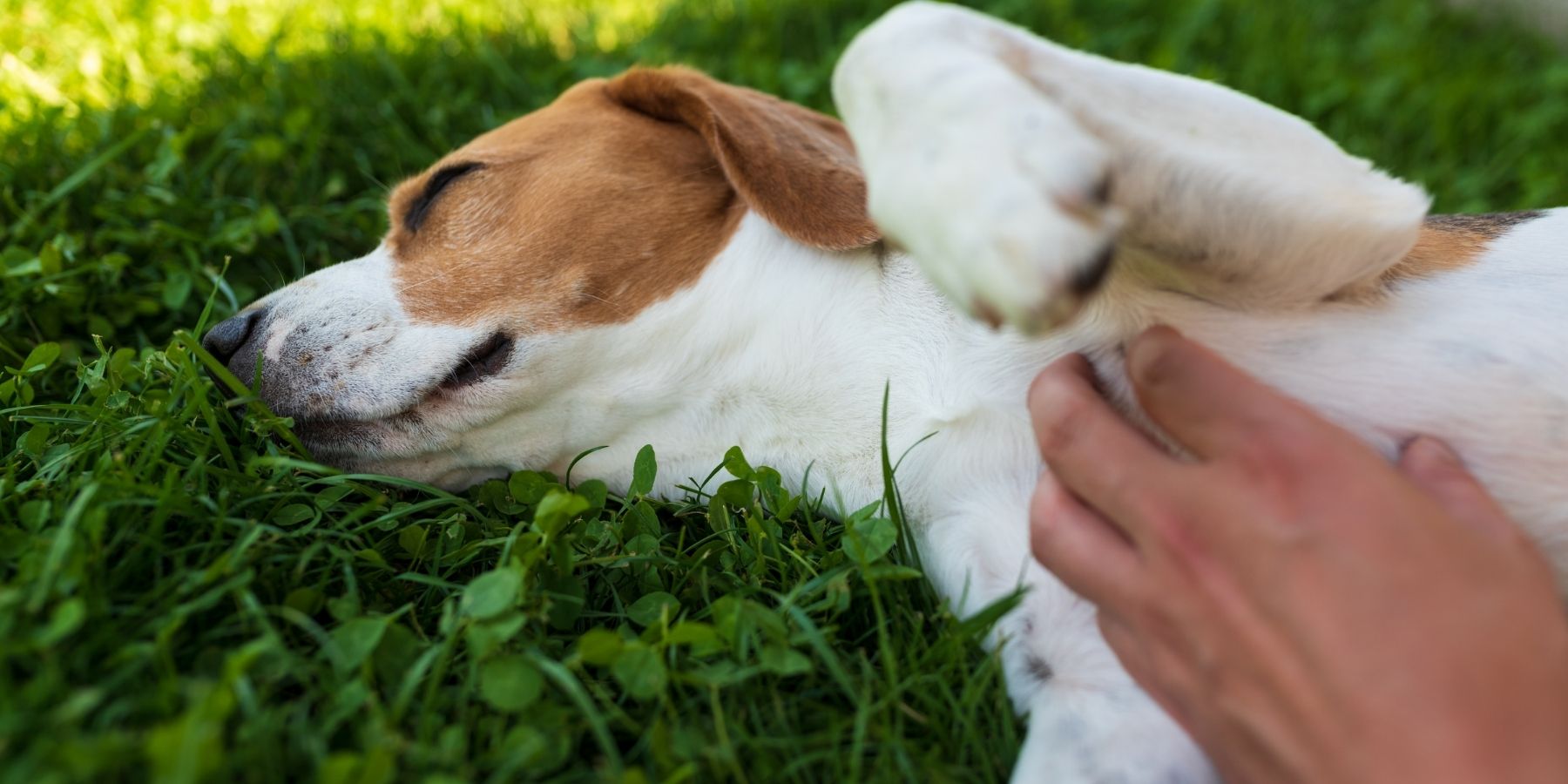As a dog owner, you want the best for your furry companion. You've been working diligently to calm a reactive dog, but there comes a point where seeking professional help may be the most responsible and effective decision. In this article, we'll explore when it's time to reach out to a dog behaviorist or trainer for expert assistance.
Recognizing the Signs
Calm a reactive dog isn't always easy, and it's essential to recognize when your efforts may not be enough. Here are some signs that indicate professional help may be necessary:
Aggressive Behavior: If your dog's reactivity escalates to aggressive behavior, such as biting or severe aggression towards other dogs or people, it's a clear sign to seek professional intervention.
Consistent Reactivity: If your dog's reactivity remains consistent or worsens despite your best efforts at training and behavior modification, professional guidance is warranted.
Safety Concerns: If you're concerned about the safety of your dog, other pets, or people due to your dog's reactivity, it's crucial to address the issue promptly.
Escalation in Triggers: If your dog's triggers expand to include more situations, people, or objects, it can become overwhelming to manage without professional expertise.
Why Professional Help Matters
Professional dog behaviorists and trainers possess the knowledge and experience to handle complex cases of reactivity. Here's why seeking their help can make a significant difference:
Customized Solutions: Professionals can assess your dog's specific triggers and behavior patterns to create a tailored training plan.
Safe Training Environments: They can provide controlled environments for training, ensuring the safety of all involved.
Effective Techniques: Professionals are trained in various behavior modification techniques that may not be readily available to the average dog owner.
Peace of Mind: Knowing that your dog is in the hands of an expert can relieve stress and anxiety for both you and your pet.
When to Start the Search
It's advisable to start your search for professional help as soon as you notice signs that your dog's reactivity may require it. Delaying can sometimes make the behavior more entrenched and harder to modify. Here's what to consider:
Consult with Your Vet: Begin by consulting with your veterinarian to rule out any underlying medical issues that may contribute to reactivity.
Research Professionals: Look for qualified dog behaviorists or trainers with experience in dealing with reactive dogs. Ask for recommendations from fellow dog owners or local pet organizations.
Initial Assessment: Schedule an initial assessment with the chosen professional to discuss your dog's behavior and your goals for improvement.
Consistent Follow-Through: Be prepared to commit to consistent training and behavior modification, as it's a crucial part of the process.
Remember
Seeking professional help is not a sign of failure but rather a responsible and proactive step toward helping your dog become a happier and more balanced companion.
FAQs (Frequently Asked Questions)
Q1: Is professional help expensive?
A1: The cost of professional help can vary, but it's a worthwhile investment in your dog's well-being and your peace of mind.
Q2: How long does it take to see improvements with professional training?
A2: The timeline varies depending on the dog and the severity of reactivity. Some dogs may show progress in a few weeks, while others may take several months of consistent training.
Q3: Can all reactive dogs be successfully trained by professionals?
A3: While not all dogs can be completely cured of reactivity, most can show significant improvement with professional guidance and consistent training.
Q4: What qualifications should I look for in a dog behaviorist or trainer?
A4: Look for professionals who are certified and have experience working with reactive dogs. Ask for references and check reviews if possible.
Q5: Are there any online resources for professional help?
A5: Yes, some qualified trainers offer online consultations and training programs, which can be convenient for remote areas or busy schedules.
When you prioritize your dog's well-being and take proactive steps to address reactivity, you're not only improving their quality of life but also strengthening the bond you share. Don't hesitate to seek professional help when needed, as it can lead to a happier and more harmonious life with your furry friend.


